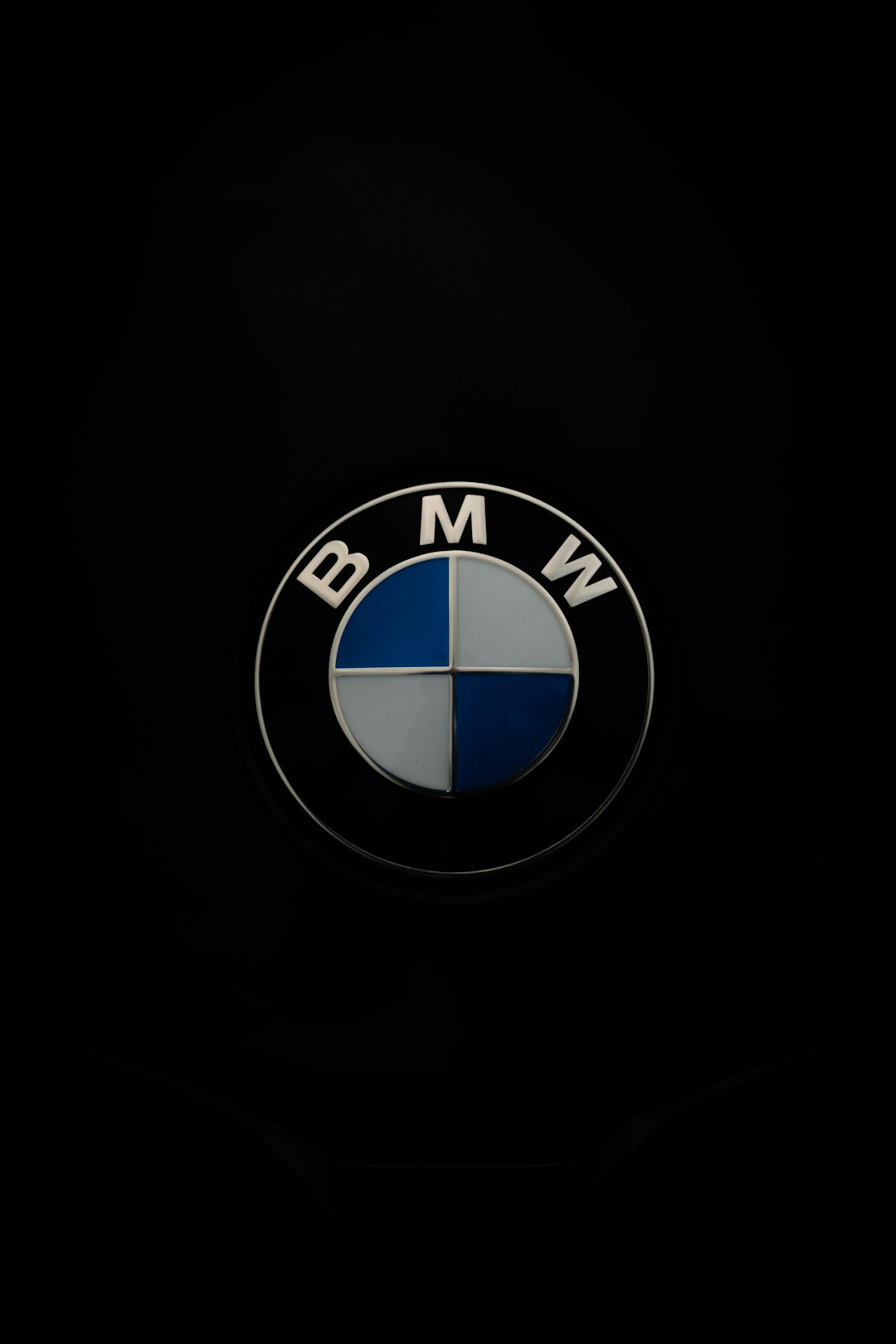What is the Fuel Economy of the BMW 3 Series?
The BMW 3 Series is widely renowned for its sporty performance, luxurious features, and cutting-edge technology. However, one crucial aspect that often comes to mind when considering a new vehicle is its fuel economy. In this article, we will delve into the key factors that impact the fuel economy of the BMW 3 Series, shedding light on its efficiency, gas mileage, and hybrid options, all while highlighting its fuel-efficient engine and aerodynamic design.
Fuel Economy and Gas Mileage
Fuel economy refers to the distance a vehicle can travel on a specific amount of fuel. It is typically measured in miles per gallon (MPG) and serves as a crucial indicator of the vehicle's efficiency. The BMW 3 Series boasts impressive fuel economy ratings across its various models, allowing drivers to go the extra mile while minimizing their environmental footprint.
Specifically, the MPG rating depends on the engine and drivetrain options chosen. BMW offers both gasoline and hybrid powertrains, enabling drivers to find the perfect balance between performance and fuel efficiency.
Fuel-Efficient Engine
The BMW 3 Series features a range of engines designed to deliver exceptional performance while maximizing fuel efficiency. One such example is the BMW TwinPower Turbo engine, available in select models. This innovative engine combines turbocharging and direct fuel injection to optimize power output and fuel consumption, resulting in an impressive blend of performance and efficiency.
By harnessing advanced technology, BMW has managed to improve the fuel efficiency of the 3 Series while enhancing its driving dynamics and overall power delivery. This ensures that the vehicle not only excels in terms of fuel economy but also provides a thrilling and exhilarating driving experience.
Hybrid Option
For those seeking even greater fuel efficiency, BMW offers a hybrid option within the 3 Series lineup. The BMW 3 Series Plug-in Hybrid combines a gasoline engine with an electric motor, providing drivers with the best of both worlds. This hybrid powertrain allows for electric-only driving, reducing fuel consumption and emissions during short trips. Combined with the gasoline engine, it offers extended range and flexibility.
Furthermore, the hybrid option in the BMW 3 Series seamlessly integrates electric power into its overall performance, delivering instant torque and enhanced responsiveness. It not only saves fuel but also provides an engaging driving experience that BMW enthusiasts are accustomed to.
Aerodynamic Design
Another crucial aspect that contributes to the fuel economy of the BMW 3 Series is its aerodynamic design. BMW engineers have meticulously crafted the exterior of the vehicle to optimize airflow and minimize drag. By reducing aerodynamic resistance, the vehicle can cut through the air more efficiently, reducing fuel consumption at higher speeds.
From sleek lines to strategically placed air curtains and air breathers, the aerodynamic design of the BMW 3 Series not only enhances its visual appeal but also boosts its overall efficiency. This attention to detail is a testament to BMW's commitment to creating vehicles that exemplify both performance and fuel efficiency.
Conclusion
The fuel economy of the BMW 3 Series is a result of the seamless integration of various factors, including its fuel-efficient engines, hybrid options, and aerodynamic design. BMW has prioritized both performance and efficiency, ensuring that drivers can enjoy the thrilling driving experience the brand is known for while minimizing their fuel consumption.
Whether you opt for a gasoline engine or choose the hybrid route, the BMW 3 Series offers a range of options to suit your needs without compromising on fuel economy. So, if you are looking for a vehicle that combines performance, luxury, and impressive fuel efficiency, the BMW 3 Series is undoubtedly worth considering.
For more information about the fuel economy of the BMW 3 Series, you can visit the official BMW website: https://www.bmwusa.com/
